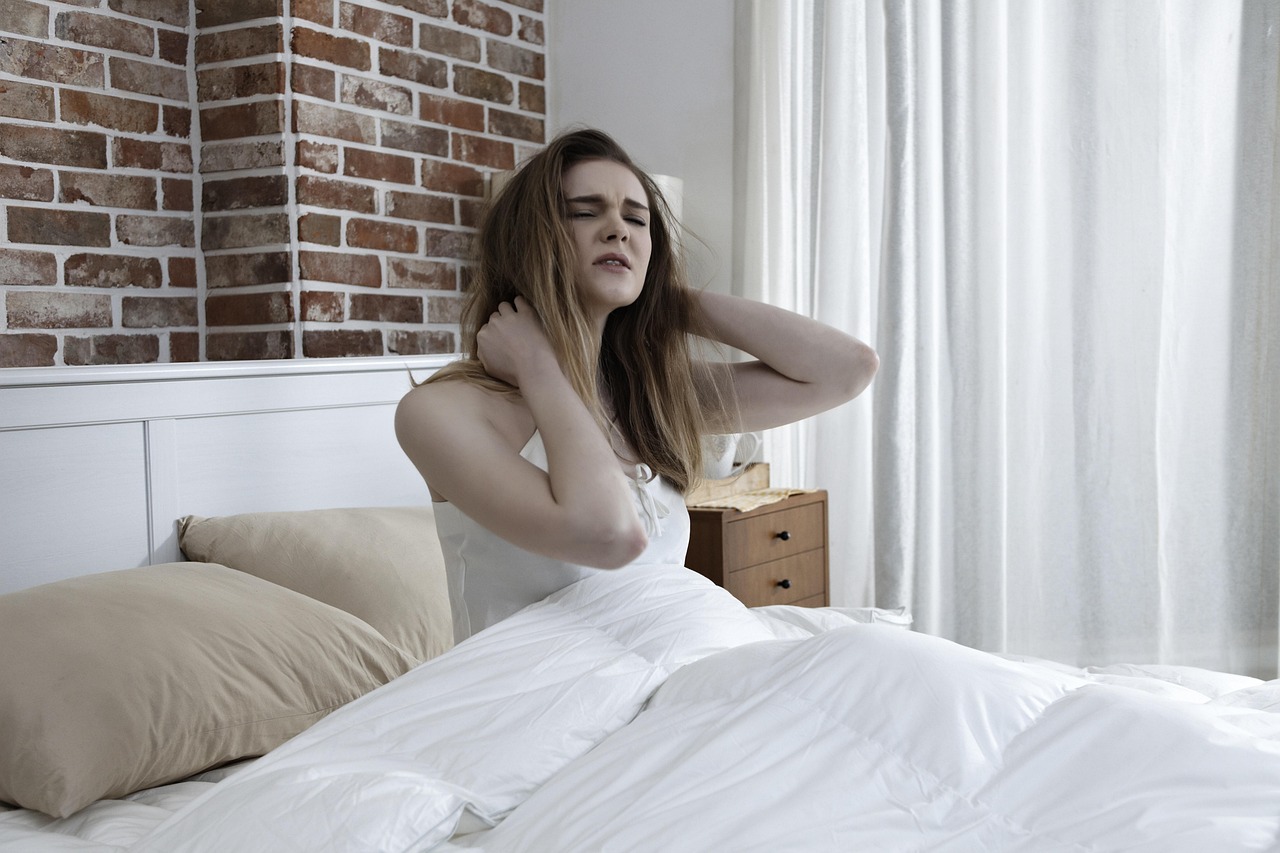29
Oct 2024
Hidden Reasons for Your Persistent Fatigue
Published in General on October 29, 2024

Many Australians are currently experiencing increased fatigue, moodiness, and burnout, and a sleep expert suggests that daylight savings may be a contributing factor. Since the shift on October 6, when clocks were moved forward by one hour, many have reported feeling "completely exhausted" and likened the adjustment period to experiencing jet lag. While the extra hour of daylight is appreciated, the hidden downsides can linger for weeks.
You might wake up feeling exhausted because the transition to daylight savings causes a sudden change in sleep schedules. Sleep expert Elina Winnel explains that it takes time for your body to adjust to waking up an hour earlier, disrupting your sleep cycle. This adjustment period can lead to feelings of sleep deprivation until your body catches up.
During the transition to daylight savings, people may wake up during a deeper phase of sleep, causing "sleep inertia," which can result in grogginess and irritability. Elina Winnel notes that this disruption occurs when sleep cycles are interrupted. Those with rigid routines, such as schoolchildren or individuals with strict schedules, may feel the effects more acutely, while those with flexible schedules may adapt more easily.
Daylight savings can unexpectedly lead to feelings of burnout. The extra evening light may give the illusion of more time, prompting people to pack their days with additional activities. This increased productivity, especially for evening-oriented individuals, can elevate stress hormones before bed, negatively impacting sleep quality. Elina Winnel advises that if you find yourself feeling overwhelmed, it's beneficial to consciously scale back activities. However, engaging in relaxing or enjoyable pursuits is fine, as they typically don’t hinder your ability to wind down.
To better adjust to daylight savings in the future, sleep expert Elina Winnel recommends gradually shifting your sleep schedule in the weeks leading up to the change. For those who use alarms, a vibrating alarm linked to a sleep app can help by waking you during your lightest sleep phase.
Australia is not alone in experiencing sleep disruptions from daylight savings; countries like Norway face more extreme variations in daylight. For these clients, Winnel advises creating indoor light or dark environments to help regulate their circadian rhythms.
In light of the findings from lululemon's 2024 Global Wellbeing Report, Australians might also consider how their living situations affect their wellness. A comprehensive hospital accommodation guide can help individuals find spaces that promote relaxation and well-being. Whether seeking a cozy retreat or a vibrant city apartment, understanding your accommodation options can play a crucial role in improving your quality of life and combating burnout.









